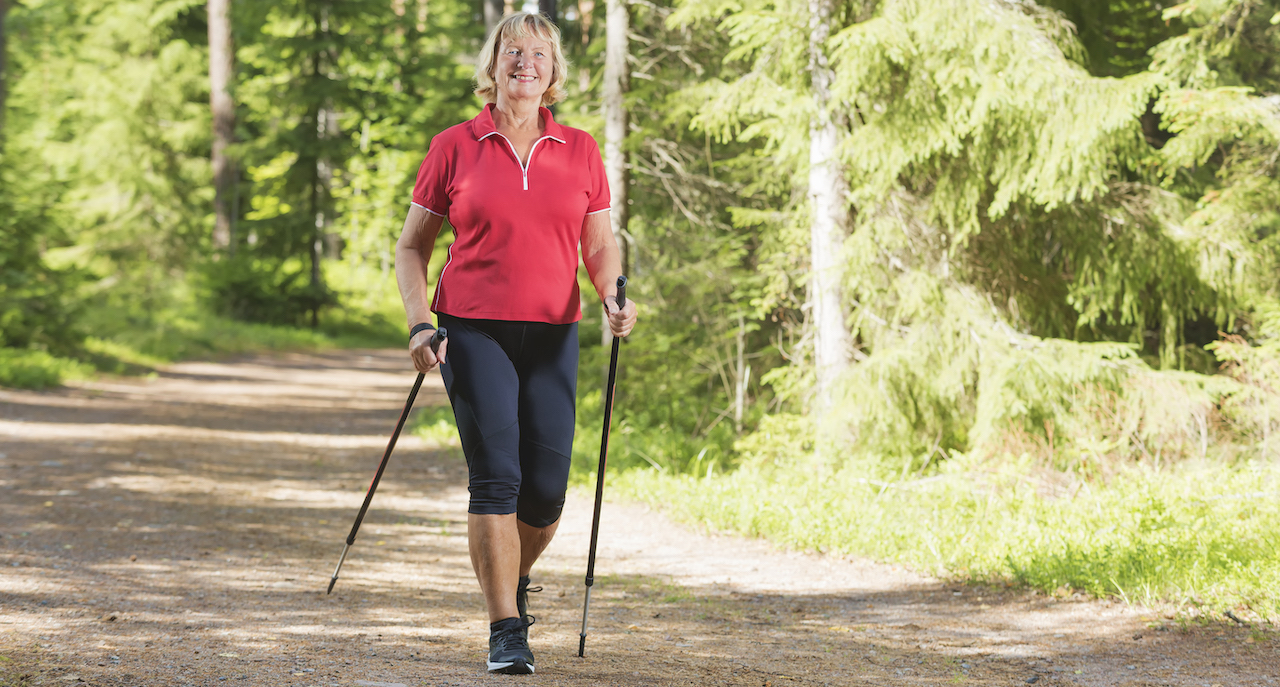Monday 23 March 2020

Daily exercise, outdoors or indoors, is essential (courtesy Mikko Lemola)
I sense that writers have an advantage when it comes to self-isolation. By definition, to be an author requires you to master loneliness. There you sit, pen and paper before you, more likely keyboard and screen, while around are books and personal treasures. You wish nothing to disturb you. It is how the job is done.
Right now, a quarter of the world’s population is self-isolating. To many the experience will be strange. It set me thinking. How do I handle being alone, something I have done for much of my life? What are my tricks of the trade?
It seems that I was set up to lead this existence, as aged less than 7 years, I was sent to a UK boarding school, while my parents lived overseas. I learned fast how to handle my own company and that others were not always as one thought. It was probably why, many years later, I ended up in the Special Forces. Again, I was being asked to work independently, or in tiny hidden groups, sometimes for months on end. I was trained to sit for weeks in hiding, to depend solely on myself, or to be the only Englishman surrounded by many foreigners, as sometimes it was just me. Self-isolation was my normality.
What do I see as important when the Government asks us to stay at home? To some, this requirement is optional but believe me, it is not. Self-isolation is an obligation and is the only real weapon against Covid-19. The time may come when it will be different but right now quarantine is essential.
Different people have different places in which they are able to self-isolate. Many of my friends have gardens and access to the countryside. I do not. I am in the very centre of London, have no access to a garden, no balcony, and spend my days on a lower ground floor. A psychiatrist would have a field day, predicting how long it will take me to go mad. Some might say I am there already. Be aware, self-isolation is a serious challenge to sanity.
Anyway, here goes, my 16 key items to ensure I make it out, whenever that may be:
1 – Find your own space
However small or large your dwelling, be sure that everyone present has their own space. By all means also have a communal area but there must always be somewhere an individual can run. Mine happens to be a smallish study where I can sit and lock the door. My view is of parked cars and the legs of an occasional passing street cleaner.
2 – Exercise
Never miss the chance to take exercise, be it indoors, outdoors, or both. At the moment I am permitted to visit certain public spaces. They are my sanity, assuming I have any remaining.

You can even take the dog (courtesy Przemyslaw Iciak)
3 – Do not overeat
It is easy to eat too much when you are only feet away from the fridge. Don’t. Eliminate any thought of snacking. You can always eat more. It is harder to eat less.
4 – Stick to a timetable
You may not be going out to work but stick to a timetable anyway. This is not a time for long lies. Get up on time, set the alarm if you wish, and start your day as normal. Go to bed on time as well.
5 – Get dressed each morning
You may be indoors but get dressed anyway. This is not an opportunity to slouch around in bathrobe and slippers.
6 – Go steady on the alcohol
If you are teetotal, so much the better. If not, keep your alcohol in control.
7 – Keep to firm mealtimes
If you normally eat lunch at, say, 12.30 p.m., then do the same in self-isolation. Keep your portions sensibly sized.
8 – Stay in touch with family
If you are an old codger, as am I, your children may have decided to avoid you. They are doing exactly the right thing. Stay in touch somehow – telephone or internet seem the most appropriate.
9 – Stay in touch with friends and colleagues
Most likely, your friends are not contacting you because they think you do not wish to be disturbed. You may be thinking the same of them. Ignore that feeling. Just make contact. You can be sure they will respond happily and be delighted that you have been in touch. In the last few weeks I have talked with dozens of people whom I would not normally contact at all. Get talkative online, maybe through social media, with others you barely know. You will be surprised what fun it can be.
10 – Get daily fresh air
Do your best to take daily fresh air, even if all you can do is open a window. Around me in London I now see many windows open that in normal times are closed. If you are less mobile, see if you can persuade someone to take you out.
11 – Use your time wisely
You may be working from home, in which case that is fine. If not, focus on one project if you wish, but ensure some diversity. One main task to occupy the next few weeks is a good idea, but have other, smaller tasks to run alongside it. How about education? There is a lot of that online. You may even have sufficient time to gain a qualification.
12 – Remember John Lennon (The Beatles)
“Everything will be okay in the end. If it’s not okay, it’s not the end,” he said. One day this will end, that much is certain.

Contact family, friends or colleagues right away
13 – Don’t believe the timeframes given by politicians
If a politician says three weeks you can at least double it. Politicians like to apply a positive spin while you are living the reality. Prepare yourself for a long run. Self-isolation is unlikely to be short.
14 – It is normal to believe you are falling ill
With our former life suspended thanks to Covid-19, you are allowed to imagine you are falling ill. Remember that in true self-isolation, catching the disease should be almost impossible. You can only acquire it from other people, at least as best we currently know. I once worked alone in central India for nearly six months. Three months in, I had convinced myself I had developed leprosy. I hadn’t, of course. I had just gone crazy.
15 – Always keep something in reserve
You never know when you might have to move quickly when a society is on edge. Either pack a bag ready, or at least know where your vital items are kept. It does sometimes happen.
16 – Count your blessings
Think of the cities under siege throughout history, including in recent times, and the enforced lockdown experienced by the inhabitants. What we are experiencing is nothing compared with them. At least no one is shooting.
